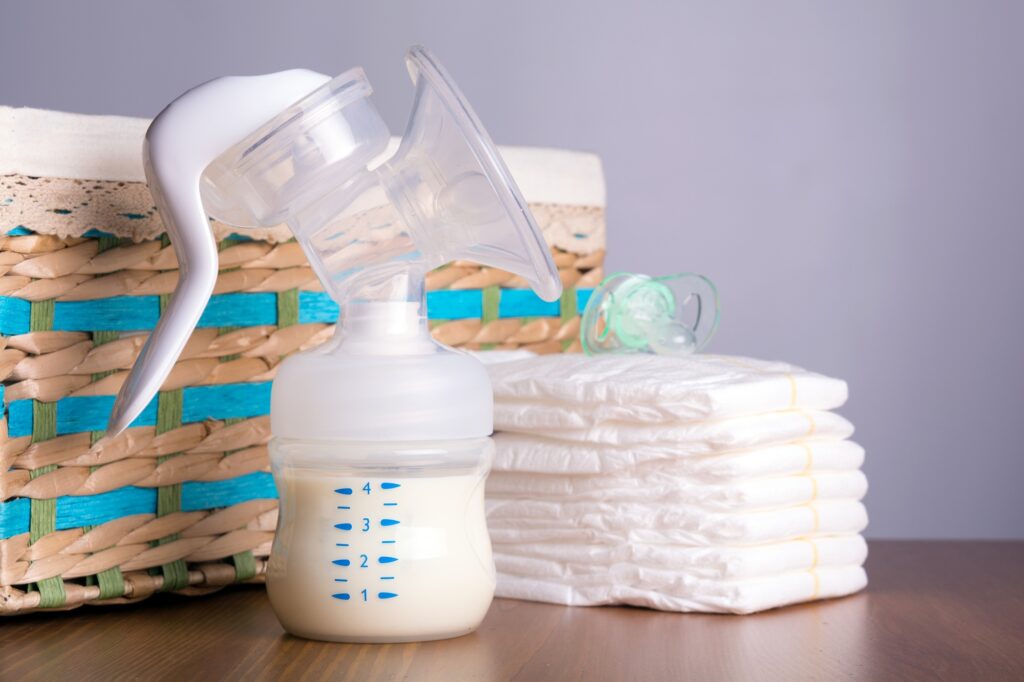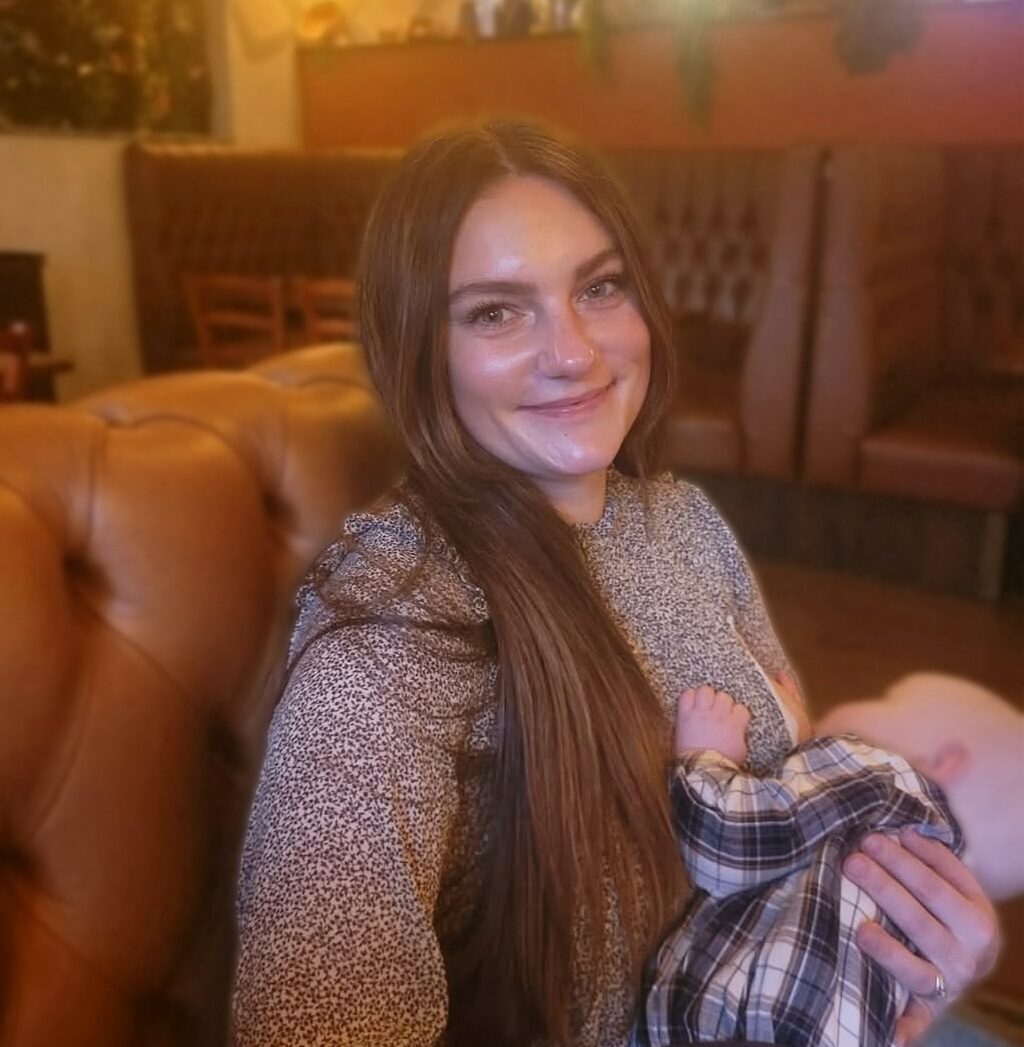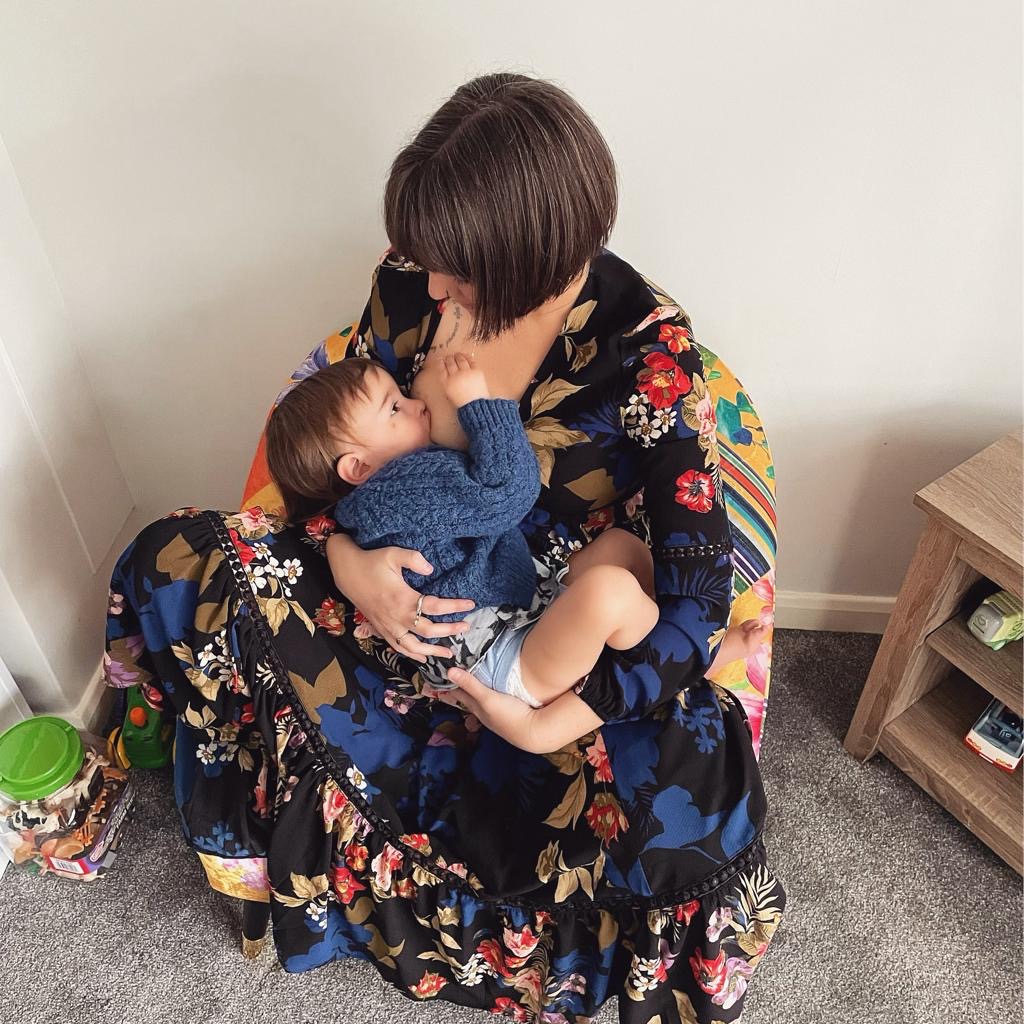When an infant is removed from their mother’s care and placed into foster care, breastfeeding support is often an overlooked piece of the puzzle. But new research is challenging that status quo.
A recently published scoping review in Maternal & Child Nutrition explores how we can better support breastmilk feeding for infants who are separated from their birth mothers, particularly in cases involving social care.
This groundbreaking review, led by PhD researcher Vicky Mitchell and her colleagues within the Mother, Infant and Child Health Research team, is the first of its kind to comprehensively examine the current evidence and highlight areas where urgent support and policy development are needed.
Why This Research Matters
Breastmilk provides not only optimal nutrition for babies, but also contributes to bonding, emotional regulation, and immune protection—benefits that are arguably even more critical for vulnerable infants entering foster care.
Yet, there is little guidance or infrastructure in place to support breastmilk feeding in the context of infant removal, leaving birth parents, foster carers, and health professionals navigating uncharted territory with limited support.
What the Study Explored
The scoping review examined all available global evidence around breastmilk feeding for infants removed into foster care, with the goal of identifying:
- What support is (or isn’t) offered to birth mothers wishing to express breastmilk;
- How health and social care professionals approach feeding decisions;
- The experiences and voices of mothers, carers, and frontline workers.
Key questions included:
- How can breastmilk feeding be initiated or continued when a baby enters foster care?
- What policies or practices are in place to facilitate it?
- What barriers prevent this from happening?
What the Research Found
The findings were both illuminating and concerning:
- Very limited evidence exists to guide professionals on how to support breastmilk feeding in these complex cases.
- Inconsistencies in practice and a lack of clear policy can result in missed opportunities to support lactation and provide breastmilk to infants in care.
- Ethical concerns and emotional complexities were highlighted, especially for mothers who wanted to continue expressing milk despite the trauma of separation.
This review is an essential step toward addressing these gaps and promoting equity and compassion in infant feeding support, regardless of the care context.

A First Step Toward Change
This research forms part of a larger NHS-funded project aimed at developing policy recommendations for supporting breastmilk feeding when a baby is removed from their birth mother. The goal? To ensure infants in care receive the best possible start in life, and that mothers who wish to provide breastmilk are supported to do so safely, ethically, and practically.
Speaking to Boobingit, lead author and PhD researcher Vicky Mitchell explained: “We wanted to know how best we can support the mothers, their infants, and the health and social care workers involved in their care, to support initiation, continuation and facilitation of breastmilk feeding. This was the first step in a larger NHS project looking at developing a policy to support these women and their infants with breastmilk feeding.”
“We wanted to know how best we can support the mothers, their infants, and the health and social care workers involved in their care, to support initiation, continuation and facilitation of breastmilk feeding.”
Vicky Mitchell, PhD Researcher
Read the Full Study
📄 Breastmilk feeding for infants removed into out-of-home care: A scoping review of the evidence to inform policy and practice, published in Maternal & Child Nutrition, is available open access.
🔗 Read the full paper here
Conclusion
This research spotlights a critical, often overlooked issue in infant feeding. With greater awareness, policy development, and cross-agency collaboration, we can better support vulnerable mothers and their babies—no matter the circumstances of their care.

















